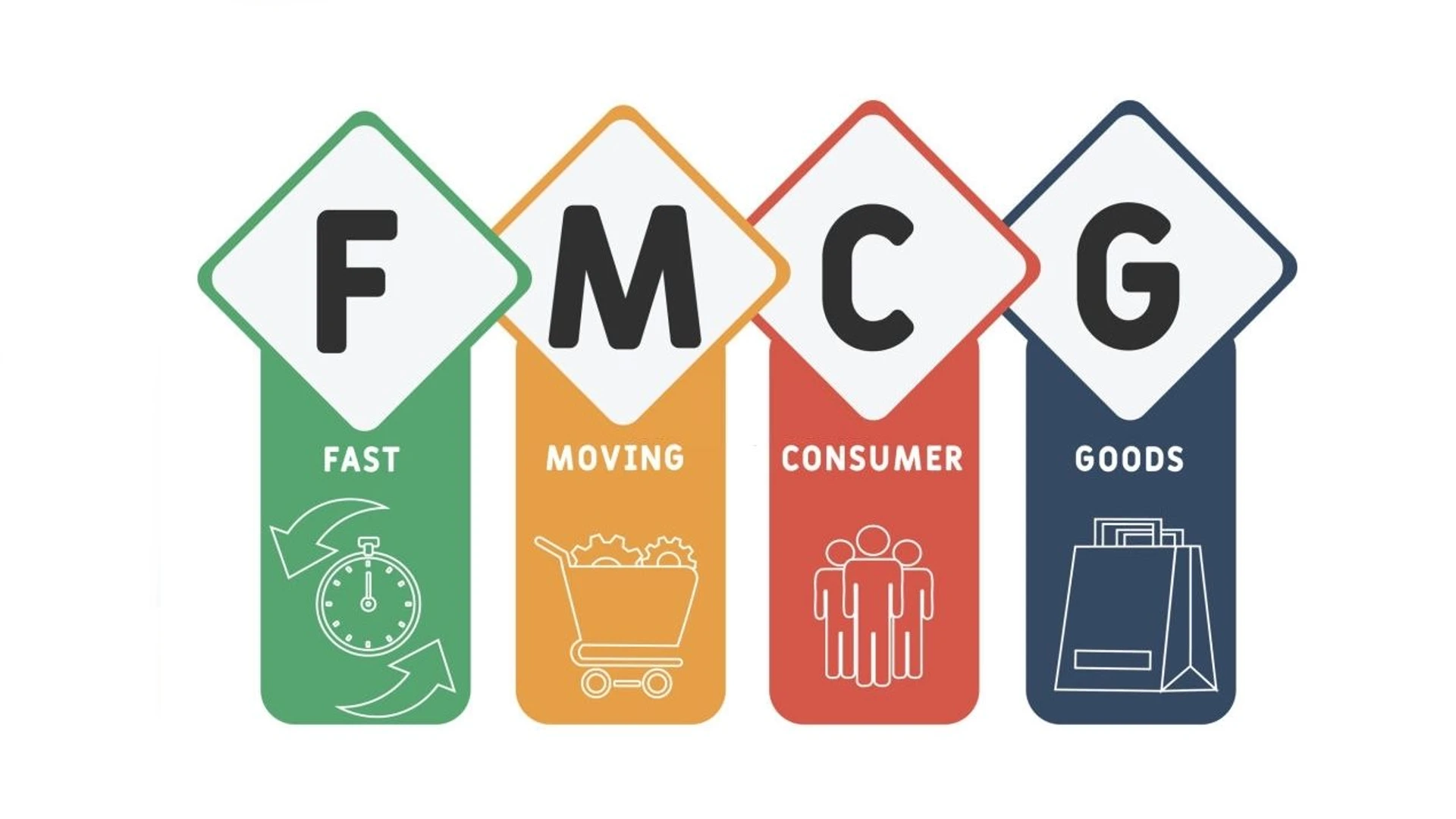Power brand strategy, packaged foods, personal care range, among others, help FMCG majors such as Marico, Dabur and Britannia drive growth
Though Dabur India clocked an increase in consolidated revenue in the quarter ended March 2023, its net profit declined marginally. On the back of strong distribution footprint and power brand strategy, its revenue jumped. It reported a marginal decline of 0.5 per cent in consolidated net profit to INR 292.76 crore for the quarter ended March 2023. This is against a net profit of INR 294.34 crore in the year ago period. However, consolidated revenue for the fourth quarter of 2022-23 reported a 6.4 per cent jump.
“Despite the near-term concerns around inflationary pressures, we plan to accelerate the growth momentum by continuing to invest in brand building, innovation and capabilities that will drive future growth. Our journey to sustainable growth is well on track as we focus on building a stronger, more dynamic business, with a renewed sense of purpose,” said Mohit Malhotra, CEO, Dabur India.
FMCG major, Marico reported a 20 per cent year-on-year (YoY) increase in the consolidated net profit for the quarter ended March. The PAT stood at INR 302 crore compared with INR 251 crore in the same quarter in FY22. Revenue from operations rose marginally by 4 per cent YoY to INR 2,240 crore.
Similarly, Britannia Industries Ltd reported a 47 per cent rise in consolidated net profit at INR 559 crore for the fourth quarter ended March 2023. Total revenue from operations stood at INR 4,023.18 crore, registering a growth of 13.31 per cent, the company said in a regulatory filing.
Category Growth
Riding on strong demand for differentiated product portfolio, Dabur’s Oral Care penetration has now increased to 50.8 per cent. The hair oils business reported a 130bps gain in market share at 17 per cent.
Dabur’s food & beverages business reported a 30 per cent growth during the year with its Juices & beverages business also growing at around 30 per cent. The home care business, riding on strong performance of air fresheners, ended the year with a 23.4 per cent growth.
For Marico, from a category perspective, packaged foods, which has been relatively resilient through the year, continued to drive growth for the sector. Marico expects the gradual pickup in overall consumption should accelerate the pace of growth in packaged foods. In this context, the India business continued to better the performance of the preceding quarter with an underlying volume growth of 5 per cent.
Britannia invested in the digital and mass media space and further expanded the portfolio of a few of its adjacent categories including milk shakes (in aseptic PET bottles) and croissants. It has efficiently scaled-up the capacity of drinks and other dairy lines to better leverage seasonal opportunities and enhance supplies to the bakery division for captive consumption.
The growth can be attributed to the various measures taken on the cost & profitability front. Input prices softened on the back of correction in Palm Oil & Packaging materials, while flour continued to trend higher. The cost efficiency program coupled with moderation in commodity inflation led to a healthy operating margin in this quarter. “We are being vigilant of the competitive actions in the marketplace and closely monitoring the commodity situation in the country, especially around wheat and sugar. We shall deploy appropriate pricing actions to remain competitive and drive market share growth,” said Varun Berry, vice chairman and managing director, Britannia Industries.
International Business
Dabur’s international business continued to move ahead with a 9.6 per cent jump in constant currency terms in the fourth quarter and 11.1 per cent for the full year 2022-23. During the quarter, the Turkey business grew by 90 per cent, while Egypt business was up 28 per cent and Nepal business posted a growth of 17 per cent.
The international business of Marico clocked a stellar quarter delivering constant currency growth of 16 per cent while weathering global macroeconomic uncertainty and currency devaluation headwinds in some of the geographies. Bangladesh clocked 9 per cent constant currency growth , Vietnam grew by 16 per cent and MENA grew by 37 per cent, while South Africa grew by 21 per cent.
The expansion into the female personal care category will provide a fillip to the Vietnam business in the medium term, the MENA market presents an attractive growth opportunity and in South Africa, it expects to protect the core franchise of ethnic hair care and health care over the medium term.
